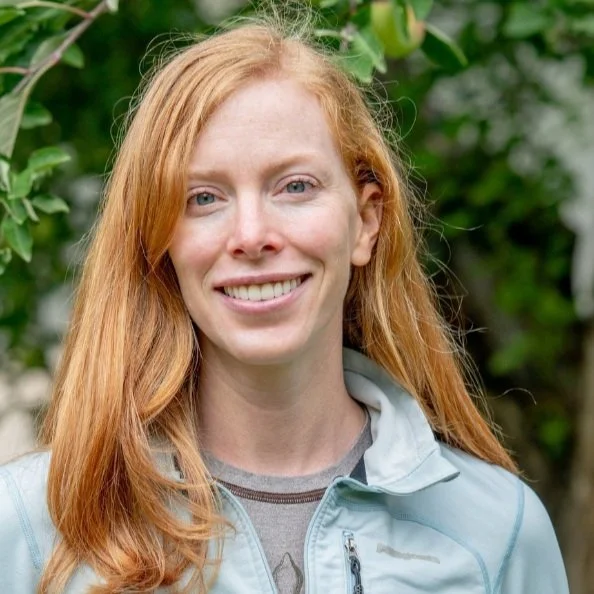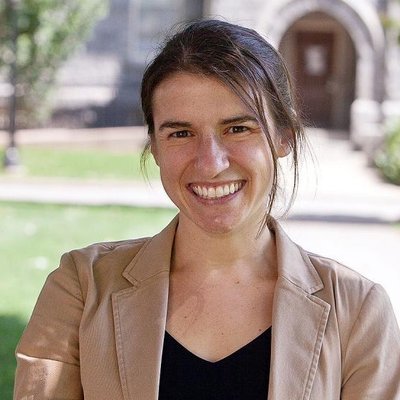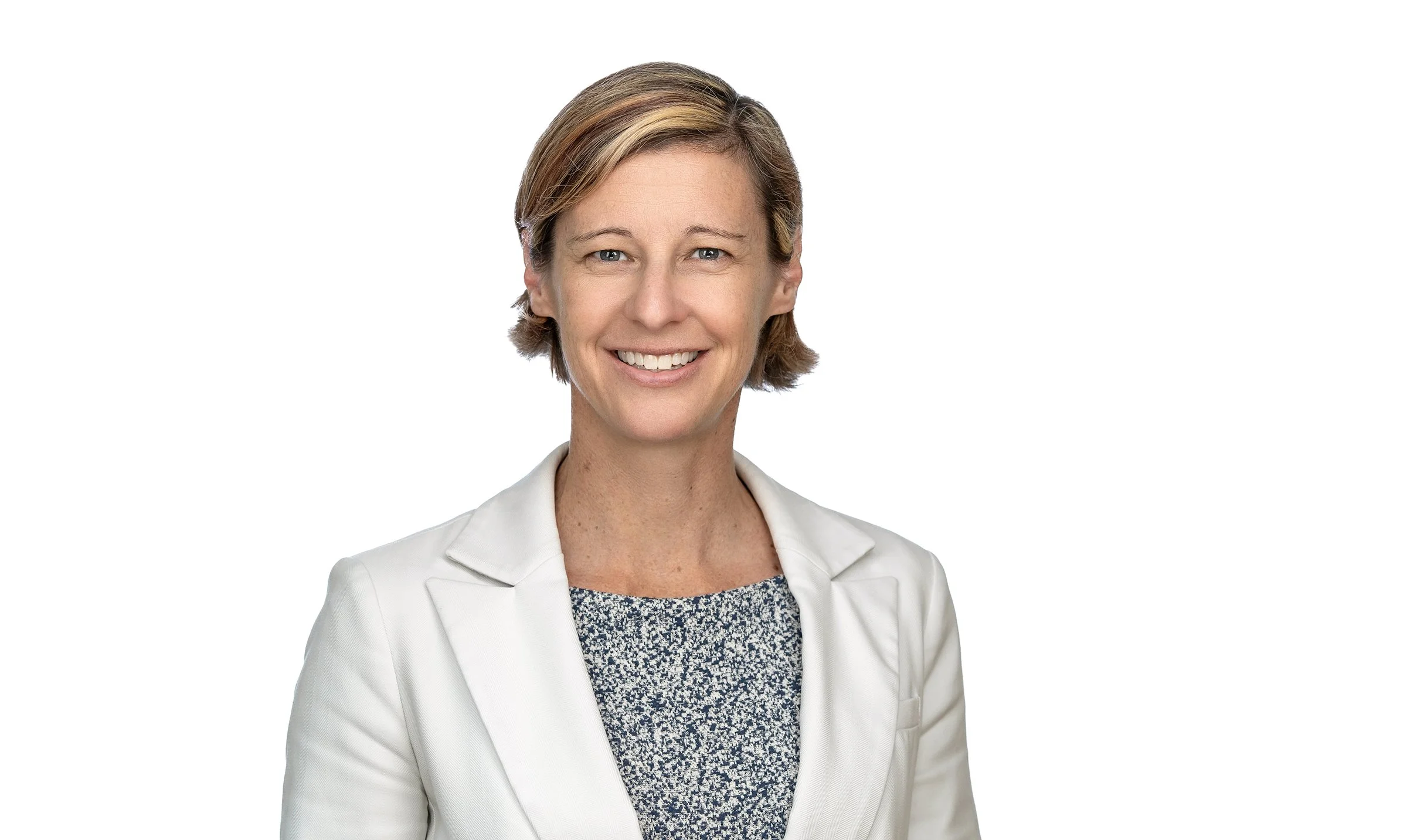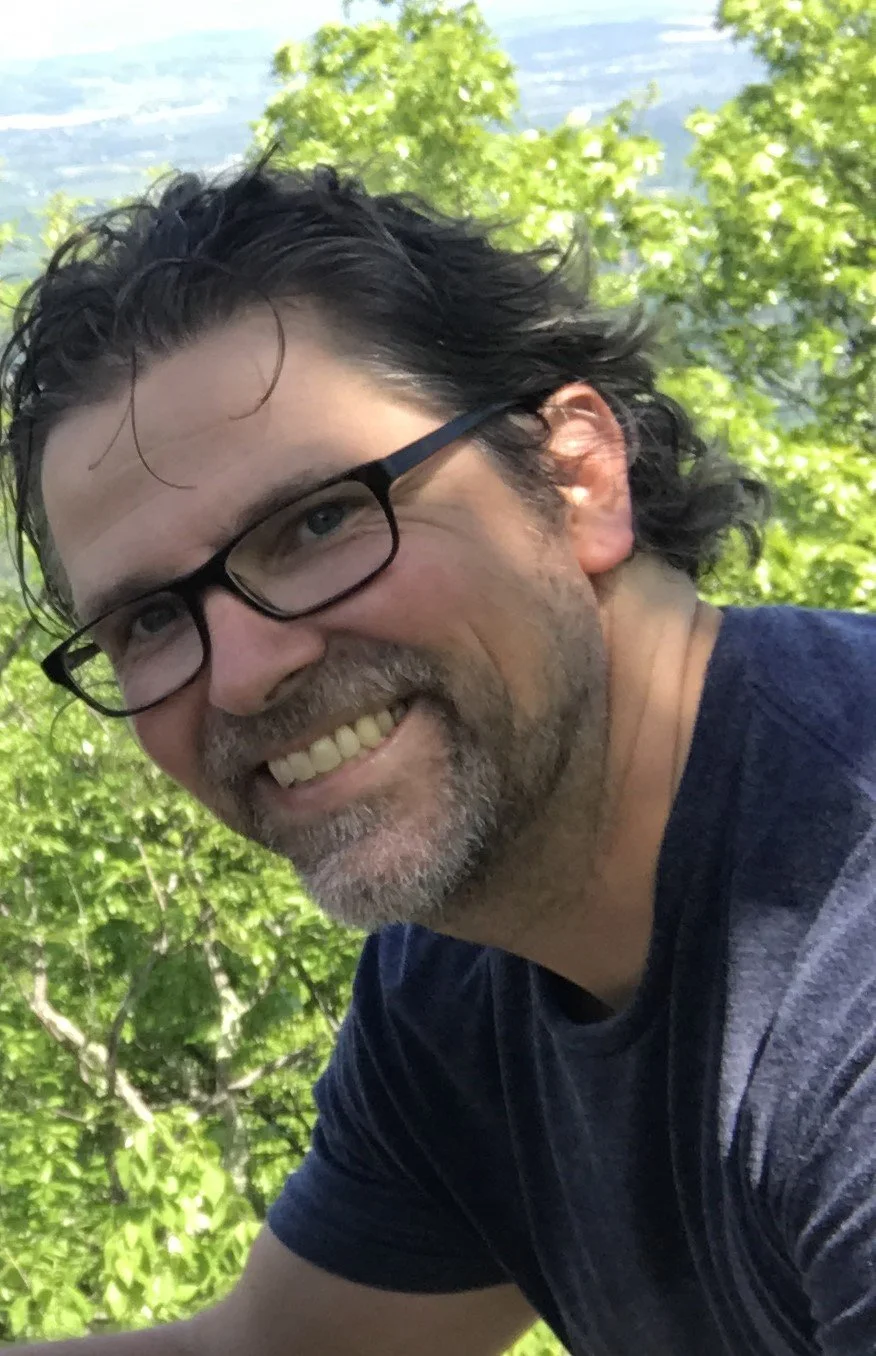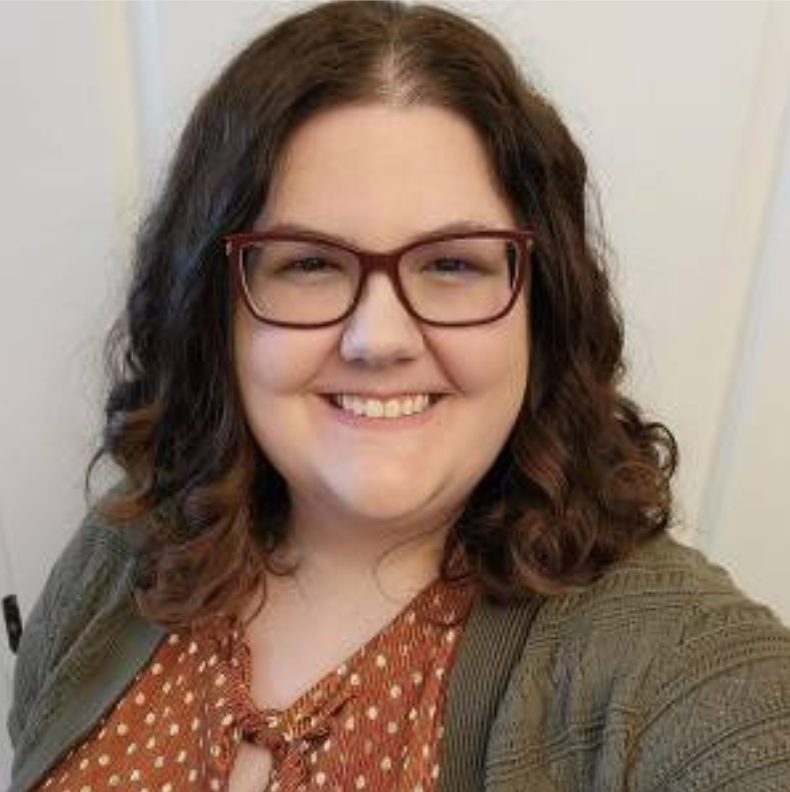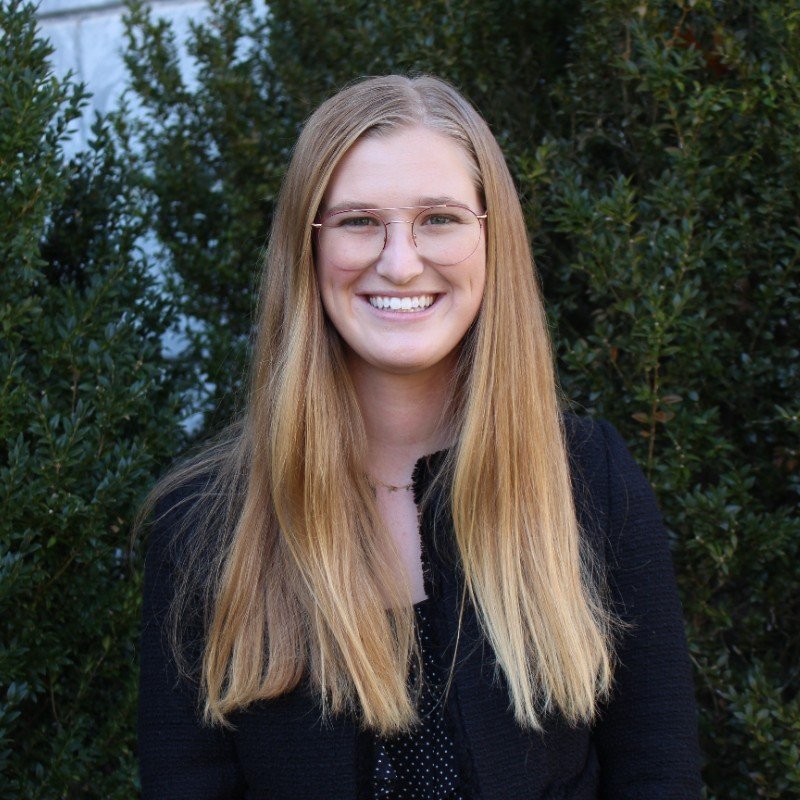Meet our Team
Like any scientific research project, this endeavor would not be successful without the support, mentorship, and cooperation of all the collaborators involved.
Our team is composed of students and faculty from various collegiate institutions and institution types.
We have all come together because of our shared goal to better understand how students experience challenges in STEM learning environments and to help students reframe academic struggles as learning opportunities.
Current Members
-
Ph.D. Student in the REACH Lab at CU Boulder
Field of Study: Early scientist identity and development, cultural and urban ecology, biology curriculum design.
I am originally from Medellín, Colombia (City of Eternal Spring), and moved to Colorado in 2012. I received my BA degree in 2017 from the University of Colorado Boulder (Go BUFF!) with a double major in Ecology & Evolutionary Biology and Spanish Language & Literature. During my undergraduate, I worked on two different research projects: Exploring how insect phenology may influence the fitness of the Mountain Blue Bird; and isotope analysis to understand how fragmentation alters food-web structure in a large-scale, long-term fragmentation experiment in southeastern Australia.
I completed my master's in biology from Miami University (OH) in 2021. My program's emphasis was on inquiry-driven education, environmental stewardship, and global understanding through firsthand experiences abroad (Baja California, Mexico, and Costa Rica).
For my Ph.D. work, I am particularly interested in biological curriculum design through equitable and diverse knowledge, as well as the development of early scientists and the experiences that led them into the STEM field.
-
UNDERGRADUATE RESEARCHERConcentration: Biology and Evolutionary Ecology, CU Boulder (Spring 2026)
I am currently a part of the REACH Lab on campus.
In 2018, I took a four year break from college to gain a better understanding of what I wanted out of higher education. During my hiatus I explored many different paths and through that, experienced many of what some would call “failures”. The failures that I experienced helped me to gain valuable knowledge about what I wanted to study, how I wanted to go about finishing my undergraduate degree, and the groups of people I wanted to connect with while in college. The questions inspiring The Science Behind Failures Project are close to me because my experiences, both outside of formal education and in my current STEM program, have taught me that failure is an integral part of the learning process.
-
Concentration: Speech, Language, and Hearing Sciences, CU Boulder (Spring 2026)
With a passion for healthcare, I am currently pursuing an undergraduate degree to become a speech pathologist or audiologist. Throughout my academic journey, I have always found science challenging, which sparked my interest in education and the role of failure as a tool for success rather than a setback.
This curiosity has fueled my dedication to our research project. I believe that science education has often overlooked the valuable lessons that failure can teach. Through this research, I aim to gather resources and support for fellow undergraduate students, helping them navigate the complexities of academia. My goal is to make science accessible to anyone with a passion, regardless of their background.
-
Concentration: Ecology and Evolutionary Biology, CU Boulder (Spring 2026)I came into college fresh out of high school, and majored in aerospace engineering here at CU Boulder. I planned for years to work on this degree–But when I started, I realized how poor of a fit it was for me. I’ve struggled with depression and generalized anxiety disorder my whole life and, in my mind, failing at school meant failing in my life, myself, and those who care about me. Now, a year down the line, I find myself happier than ever and thriving as an ecologist. Without my failures, I wouldn’t be the person that I am. Failure narratives, both our own and the ones the world imposes onto us, define how we face new challenges, construct our worldview, and build our identities. Understanding the genesis of these narratives is of significant importance not just to myself, balancing my identity as a science with my neurodivergency, but to science as a whole. Failure is integral to the scientific process, and without it, none of us would be the people we are today.
Project Lead
Sandhya Krishnan, PhD
I am a postdoctoral research fellow under the guidance of Dr. Lisa Corwin of the REACH Lab.
My own experiences of failure which led me into an unexpected career pathway also translated into dissertation research that examined whether and how students' failures could lead to learning in science. This work led me to FLAMEnet, a community of scientists, psychologists, and educators who were also thinking about how to utilize student challenges into learning opportunities. While a postdoc with FLAMEnet, my mentors (Dr. Jen Heemstra, Dr. Lou Charkoudian, and Dr. Lisa Corwin) supported me in conceiving and articulating this research endeavour. We all believe that with the appropriate support structures, failures can become opportunities to learn, and the investigations emerging from this work is meant to explore how, if at all, this is possible. My experiences with failure led me to a job I love, working with people who inspire me!Reach me at: sandhya.krishnan@colorado.edu
Meet the Team
Past Undergraduate Researchers
B.S. in CHEMISTRY at Emory University (2023). Joined Baruch College in New York as a graduate student in I-O Psychology in Fall 2023!
Edward Xue
B.S. in CHEMISTRY at Emory University (2023). Joined the Fall 2023 cohort at the University of Kansas School of Medicine!







